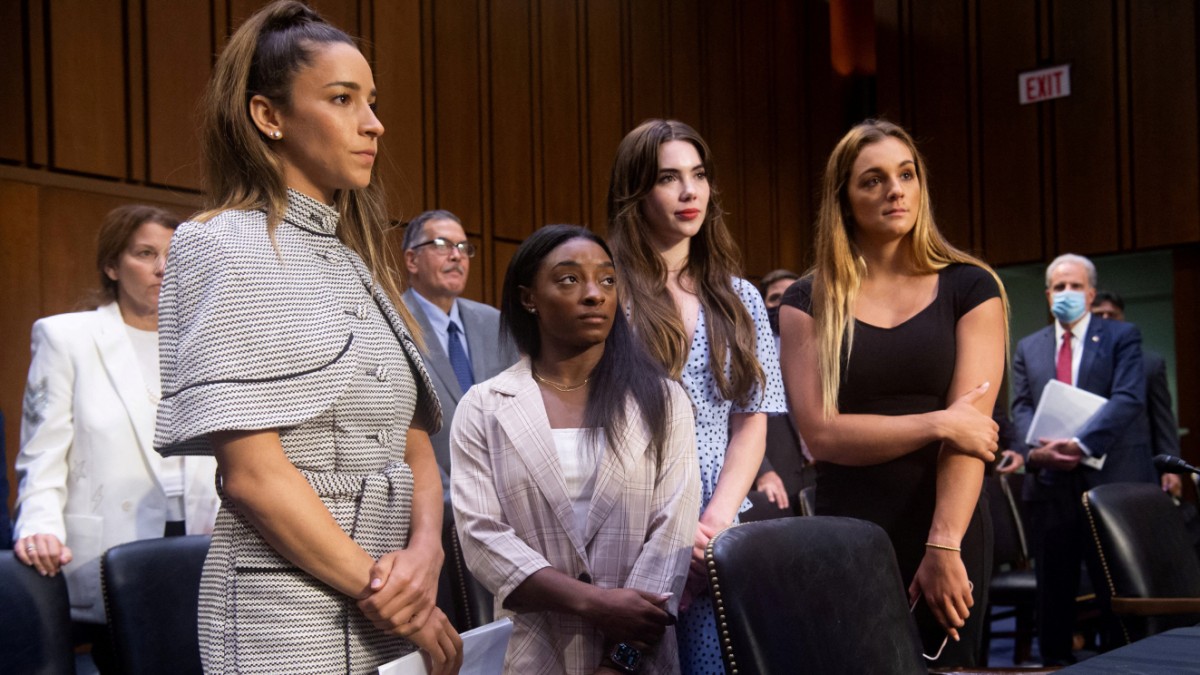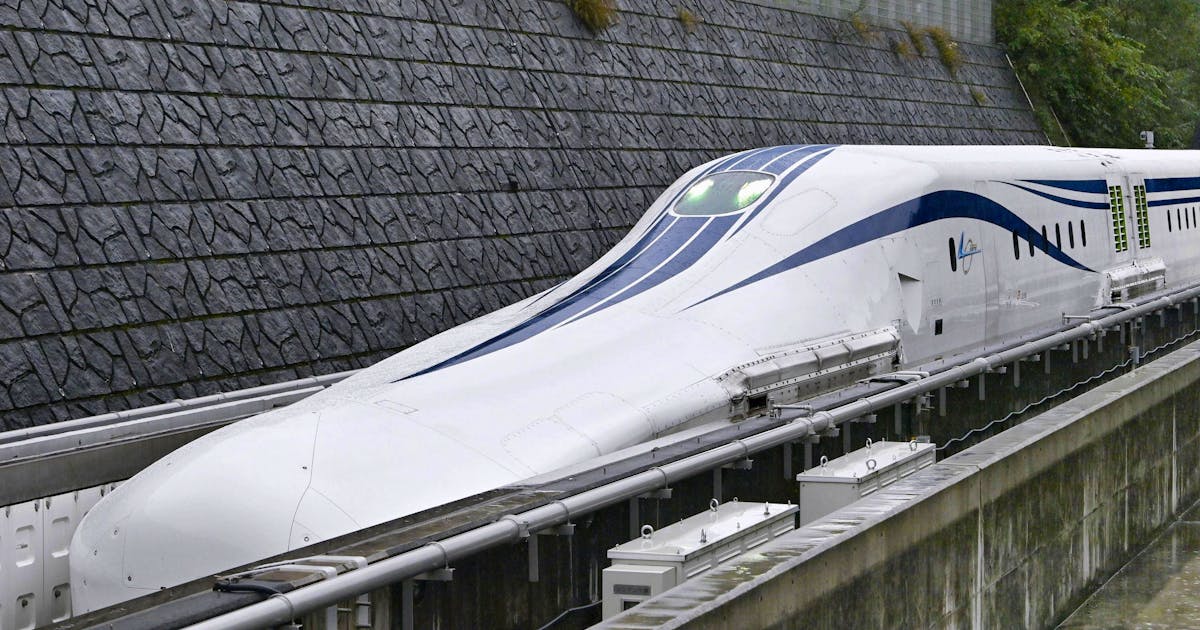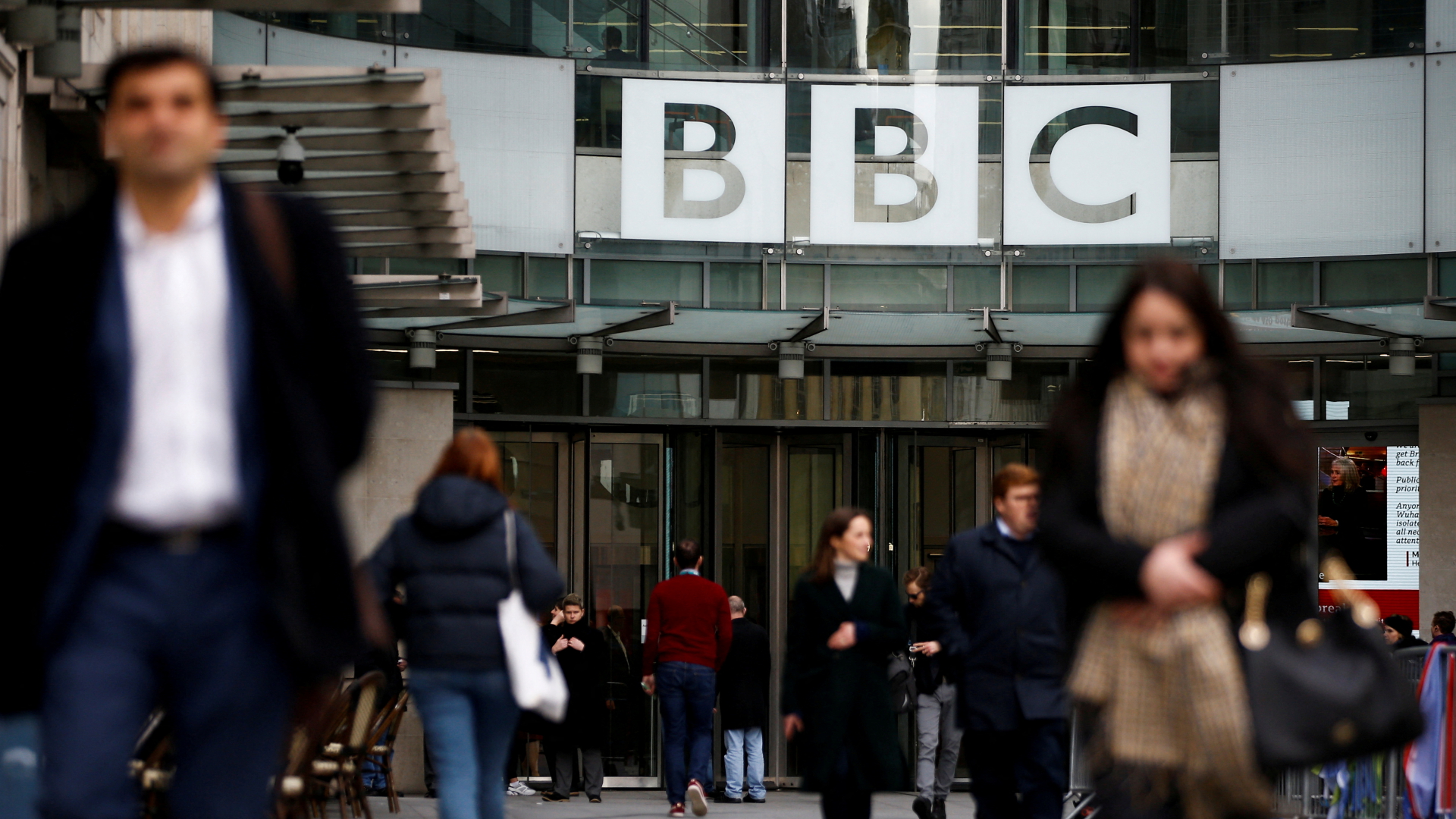Background
Status: 01/28/2022 12:57 pm
British Prime Minister Johnson wants to abolish the BBC in its current form. The transmitter is protected against this. Still, the government may make life harder for the BBC.
British Culture Minister Nadine Doris’ tweet caused a great deal of excitement: “The broadcast announcement will be the last,” he wrote in mid-January – saying the BBC, a public service, would no longer have this kind of funding. After 2027.
Doris did not repeat this statement – perhaps for good reason. Jean Seiden, a media historian and BBC expert at the University of Westminster, says: “She has no right to do so – it is a shameless attempt to divert attention from the Prime Minister’s issue. She can not lead it alone. “
Influence on finance and board of directors
Broadcasting fees are determined by the British Parliament. The BBC and the government negotiate first, after which the results are presented to the MPs. Unlike Germany, Great Britain has no commission to determine the financial needs of broadcasters (KEFs) and no independent expert panel to examine the financial needs of broadcasters before state parliaments vote. It was at this point that the influence of politics in Britain became immediate. There are other ways to influence the BBC board, which is a kind of oversight committee of the broadcaster: “The government has the right to appoint certain members to the board. It is always negotiated very actively with the BBC,” Seiden explains.
The government can also use its power to ignore the BBC. The broadcaster has already experienced this with the Johnson government: in the fall of 2019, no cabinet member will appear on the radio program “BBC4 Today”, a political morning magazine that conducts difficult interviews. According to media reports, they are more or less barred from speaking out on the plan – which 10 Downing Street does not support enough government. However, politicians can not influence the content.
Royal Charter: British Interstate Media Agreement
The BBC operates on the basis of the Royal Charter, which is comparable to the German media state contract. Since the 1960s, the Constitution has been renewed every eleven years, further separating it from the political electoral cycle. Seiden explains that the purpose of the rule is to place the BBC’s license above the government: “It is issued by the head of state. The idea from the outset is that this charter will give the BBC constitutional independence from the current government.”
It is now being shown that a government like Prime Minister Boris Johnson can put a lot more pressure on the BBC. The BBC is expected to shrink. All families who own a TV and all British who want to use iPlayer for live streams and media library services must pay a radio license fee of £ 159 per year.
Convert BBC to subscription model?
When it comes to potential funding alternatives, for example, the subscription model known by Netflix is often discussed. Joy Jones, an adviser to the media committee under Prime Minister Theresa May, has long supported the idea. He wondered why the BBC did not have the courage and confidence to switch to the subscription model, he said in an interview.
He changed his mind: “What I have learned is that we do not have the infrastructure to do that. One of the BBC’s core principles is to be global – and if you’ve going with the subscription model, you’re off the community from BBC content: those who live far away or have no money or desire to get fast internet. . ” After all, it is “the last thing anyone wants”.
How things will continue after the new Royal Charter comes into force in 2027 is still fully open. The government and the BBC should now negotiate.

“Friend of animals everywhere. Web guru. Organizer. Food geek. Amateur tv fanatic. Coffee trailblazer. Alcohol junkie.”







More Stories
US awards $138.7 million to victims of gymnastics abuse
British Parliament approves extradition bill to Rwanda
Weekend ticker: middle distances in the Philippines and Peru, sprints in Australia and Germany